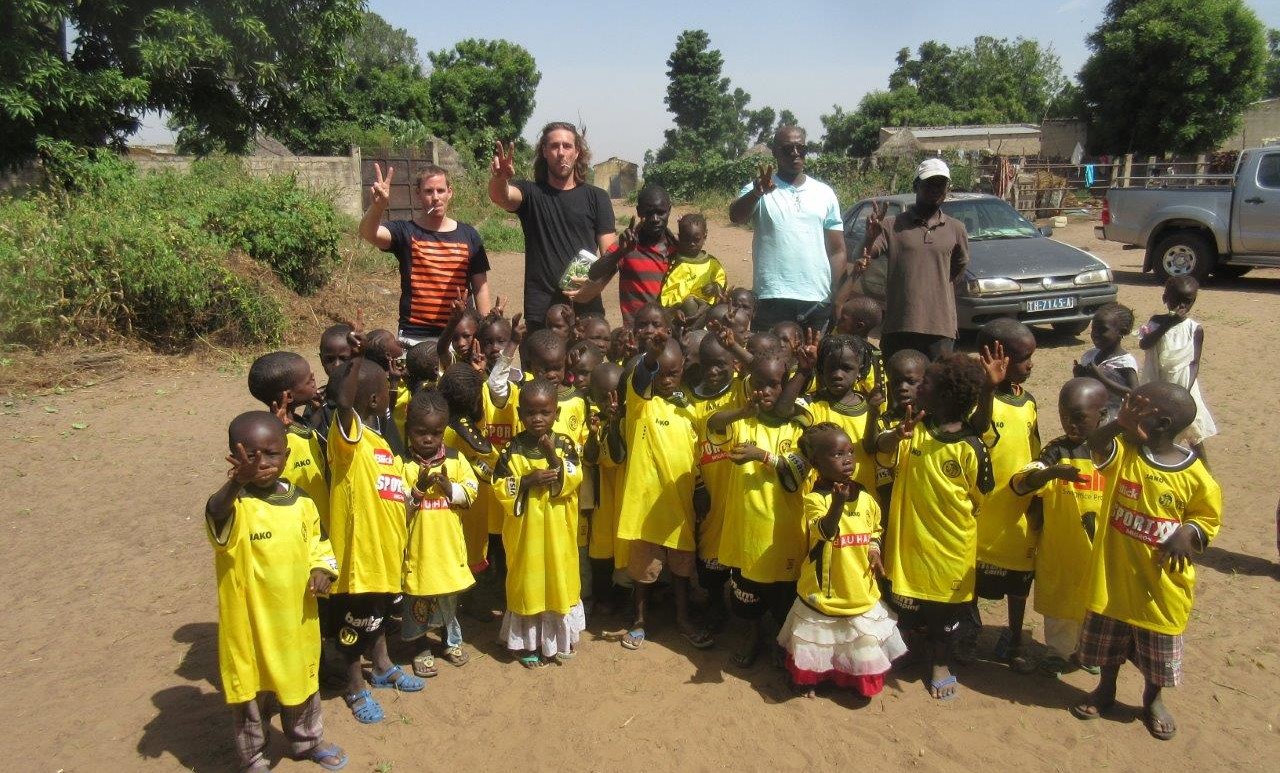street school in bangladesh
Around 150 million children worldwide live on the streets, more than 30 million of them without their parents and completely on their own. According to various estimates, around one million children in Bangladesh live on the streets, most of them in the capital Dhaka with its nearly 20 million inhabitants.
million inhabitants.
The children end up on the streets for a variety of reasons. Some have been abandoned by their parents because they do not have the means to feed their children. Other children have run away from home because the family environment is one of too much hardship or violence. Others have been sent to the big city by their families to earn a living. Among the street children there are also orphans or children of seriously ill or drug-addicted parents. The reasons are manifold and all these children have no home anymore.
Our partner organization LEEDO Street Children
LEEDO Street Children is a non-profit organization that has been working sacrificially and courageously for street children in Bangladesh since 2000. LEEDO takes care of these children in different areas. They provide emergency aid on the streets and provide food and clothing to the children there. They operate mobile schools in different hot spots in the city so that the street children can receive some basic education. LEEDO also actively rescues children from the streets and/or gets them out of child labor. In short, LEEDO makes an insanely important and dedicated contribution to children who would otherwise be relentlessly left to fend for themselves and live a hard and suffering life.
School under the sky
Our partner organization maintains so-called “Schools Under The Sky” (SuS) at four hotspots in the city so far. These hotspots are, for example, the large train station in Dhaka (Kamlapur Railway Station) or the ferry port (Sadarghat Launch Terminal), where countless street children stay. Briefly, a few words on how to imagine these SuS. First of all, it is not a school as we know it, with classrooms and a roof over the head. Our partner organization, in cooperation with the local authorities, designates a safe place for the students in the respective hot spots, which is then used for teaching and supervision. Classes are held on the ground on a tarp and in the open air. This is an informal educational concept, whereby the children are taught the basic skills of reading, writing and arithmetic. For many children, it is their first contact with an educational institution.
However, it is about much more than just basic education for the SuS. The children also have the opportunity here to escape the rough and tumble of everyday life on the streets for a few hours. They can play, rest and are looked after by the social workers. In addition, the children receive a full meal, often the only meal of the day. The children also receive medical care and informal group therapy sessions are held. The SuS is a very low-threshold offer for the children and gives the social workers the opportunity to get in touch with the children in order to initiate further counseling, care and intervention measures. Building trust in particular plays an enormously important role. For many street children, the SuS are the first point of contact for various forms of support measures from our partner organization LEEDO. Children in particular need of help are actually rescued from life on the streets and subsequently taken into orphanages and similar institutions or returned to their families.
Our project with Charity Circle
With our support from Charity Circle we will be able to start another such School Under The Sky and cover the running costs completely for two years. The budget for this will be around 50,000 euros. The SuS will be built in the area around the big railroad station Tejgaon Railway Station and Kawran Bazar, where countless children live and where so far there are hardly any aid programs. With our support from Charity Circle, we will be able to establish another such School Under The Sky and completely cover the running costs for two years. The budget for this will be around 50,000 Euros. The SuS will be built in the area around the big railroad station Tejgaon Railway Station and Kawran Bazar, where countless children live and there are hardly any aid programs so far.
The following priorities are part of the project:
- informal basic education (reading, writing, arithmetic)
- retreat and leisure activities
- full meals
- life skills training
- psychological care and therapy for the children (trauma, anxiety disorders, addiction, etc.)
- rescue of particularly vulnerable street children and permanent placement in orphanages/shelters
- reintegration/reunification of street children with their parents; ensuring school attendance
- workshops and active assistance in starting a business for young people aged 15-20 years old
- campaigns to raise public awareness about street children through
Theater performances, puppet shows and other activities.
The funds will be used primarily for the following areas:
o School materials
o Toys and recreational programs
o Clothing
o Full meals
o Medical care
o Psychological care
o Awareness campaigns
o Salaries for project leaders, social workers, teachers, etc.
o Costs for administration and accounting
A significant part of the project costs is for qualified personnel. On the one hand, this is due to the described nature of a SuS. On the other hand, the street workers and teachers are the decisive factor for the success of such a project. Building trust with the children, who are often traumatized and extremely distrustful due to their previous experiences, is a highly sensitive and time-consuming process. For this, the use of trained professionals is absolutely essential. Personal care and affection, along with food, clothing and education, are essential basic needs of a human being, and especially of children.
Translated with www.DeepL.com/Translator (free version)
.DeepL.com/Translator (free version)























